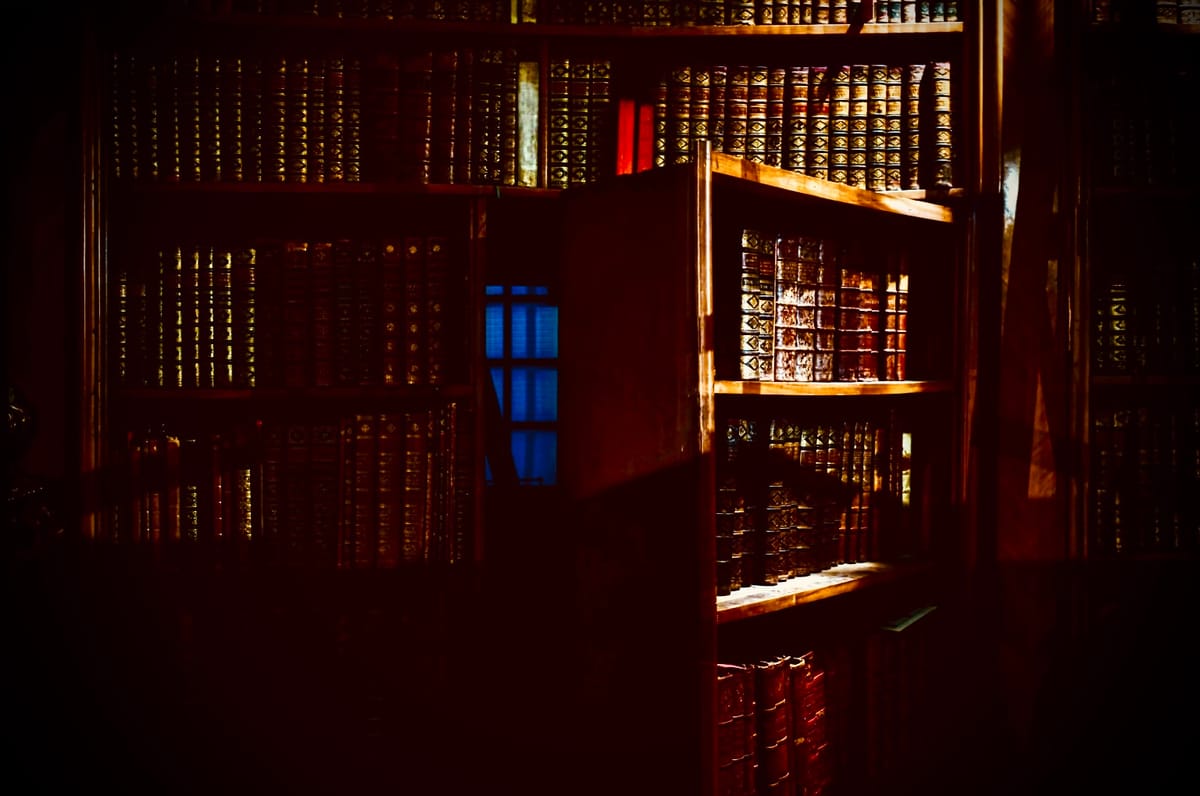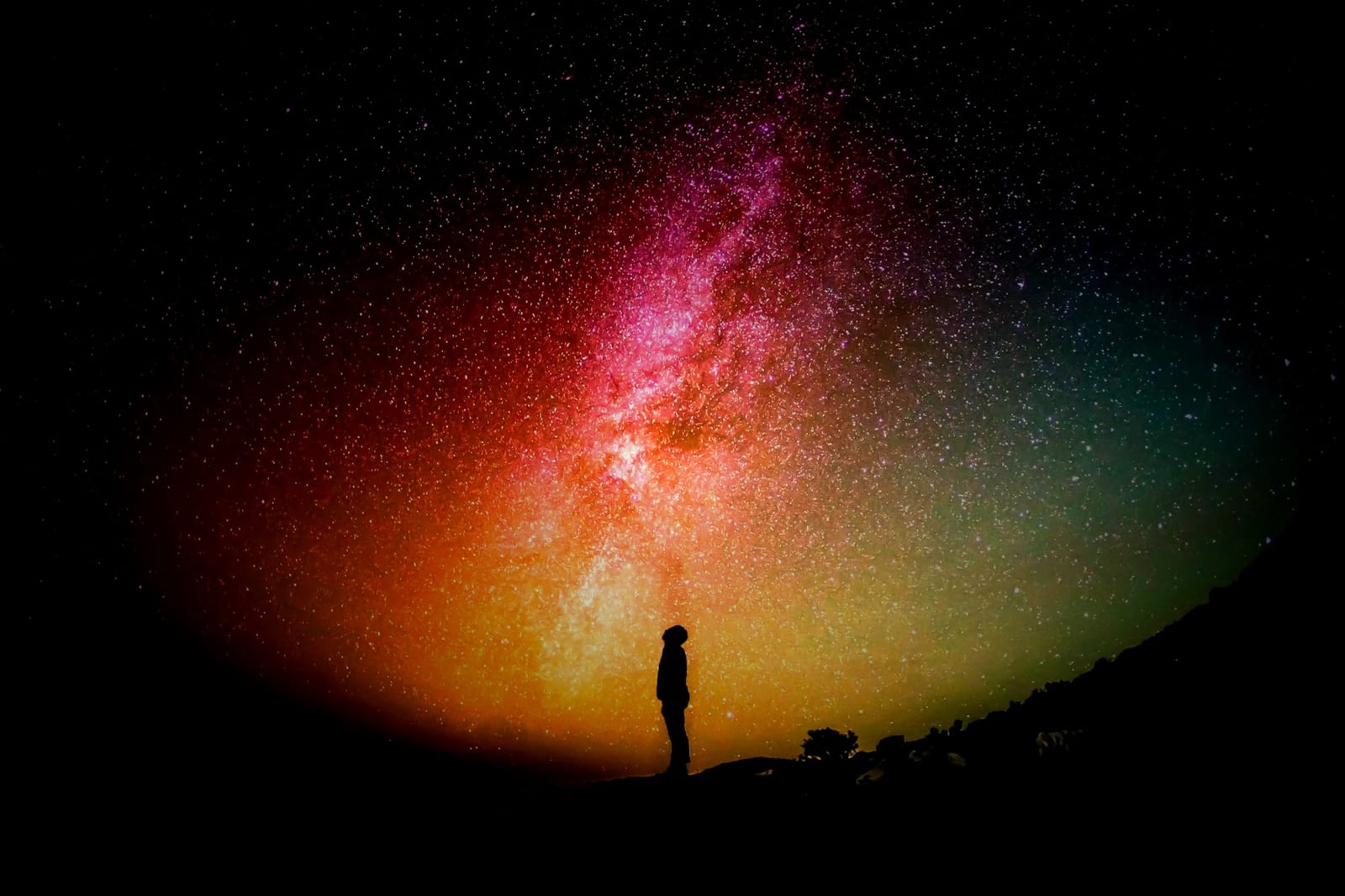Understanding Birth as Threshold
The research, study, and development of my current book-in-progress often touches on and echoes transitions related to birth. I thought it only fitting to explore and share the wondrous nature of life’s origins and birth itself for this week’s topic.
What if the most miraculous thing about your birth is that you are the winner of a biological lottery stretching back billions of years?
I'd like to highlight and briefly examine something many of us take for granted—birth. Most of us probably don't think about this very often, if at all, but every person walking among us today has already survived an extraordinary biological lottery.
This biological lottery plays out over 280 days, and the odds are startling. Close to half of all fertilized embryos don't survive, and even those that do must clear hurdle after hurdle where the slightest misstep means the difference between existence and non-existence.
Life is a fragile, fleeting thing, precarious by nature and continuing without guarantees. When I think about all the factors and conditions that have to align perfectly for a single human birth, it's honestly overwhelming.
Even under ideal conditions, young healthy couples only have about a 30% chance of conceiving each month. This transition of life from couple to child depends on an extraordinary, precarious, and tempermental set of biological processes and conditions.
In each person born and alive today lives an unbroken chain of ancestry stretching not just generations, but millions and millions of years. We are the products of processes that began with the formation of our universe, solar system, and planet. Our existence represents a temporary victory of organized complexity over entropy, a fleeting arrangement of matter that achieved consciousness long enough to contemplate its own delicate origins.
When we recognize this, the sheer improbability becomes almost incomprehensible. Each individual represents not just their own successful passage through this precarious transition, but an unbroken chain of billions of successful transitions stretching back through evolutionary time. We exist suspended between potential and actualization, and every person walking among us has already survived that extraordinary biological lottery by crossing countless thresholds where failure meant non-existence.
So how are we to respond to this incredible scientific reality?
I understand why it might feel overwhelming or even unsettling—the complexity and uncertainty can be difficult to sit with. But too often, convenience and expedience drive people to myth, superstition, and magical thinking, touting a false logic that says life is meaningless without some form of divinity or religious spirituality.
Life is, however, not spontaneous or magical in the literal sense. We don't suddenly appear through some clever blood magic that transforms inanimate objects into conscious beings, and our early ancestors didn't pop up out of the ground like daisies because of some grand cosmic plan or clever pre-historic incantation.
Yet, we humans create meaning, as well as myth. The problem is that when we choose magical thinking over reality, we're giving up more than we realize. We surrender our individual autonomy. We abandon our collective agency. And we diminish our human dignity.
This surrender of critical thinking shows up in how we live our daily lives. We rely on complex evolutionary and biological mechanisms that sustain human life, yet rarely consider how they work. Many people also depend on technologies made possible by scientific knowledge and research. Yet at the same time, they dismiss the very scientific processes that created these innovations in favor of explanations based on supernatural ones.
I don't know about you but I find the irony painfully striking.
There are many among us who fervently believe that life begins at conception or birth, despite evidence showing it's actually a complex process of transition. But I suppose if you believe that an all-powerful, invisible man who lives in the sky is in control of every aspect of human affairs and the cosmos, then it's equally likely you'll believe anything, however improbable or ridiculous.
What counters myths in favor of love and reason? Facts, not faith. What counters superstition? Scientific knowledge, not ritual. What counters magical thinking? Critical thinking, not alternative facts.
When we recognize this reality, we confront both the humbling fragility of our condition and the remarkable responsibility that comes with being conscious participants in a universe where life emerges not by design, but through the blind, magnificent accident of chemistry achieving complexity.
We are not the deliberate products of a designed cosmos, but rather the temporary witnesses to the universe's capacity for self-organizing. We are transient arrangements of matter that emerged from chaos long enough to realize the magnificent accident of our own existence.
So what does this leave us with? What does it mean to embrace reality over superstition? It means accepting a simple but fundamental truth: all life, however precarious, is antecedent.
Our lives are not spontaneous events resulting from the whims of an imaginary, patriarchal being, but the result of a beautiful lineage of a magnificent life-giving process that began billions of years ago and still continues today.
In you.
— Dean Bowman
14 September 2025



